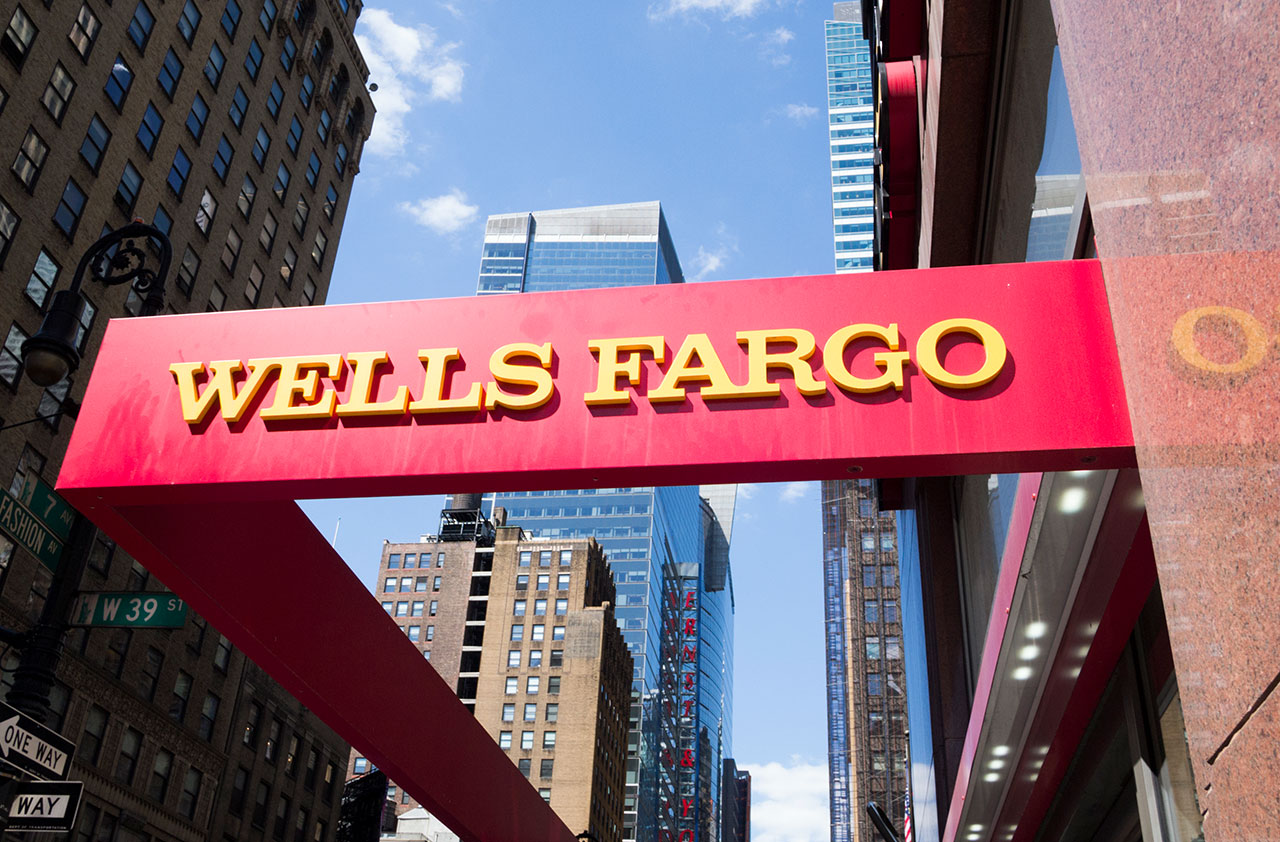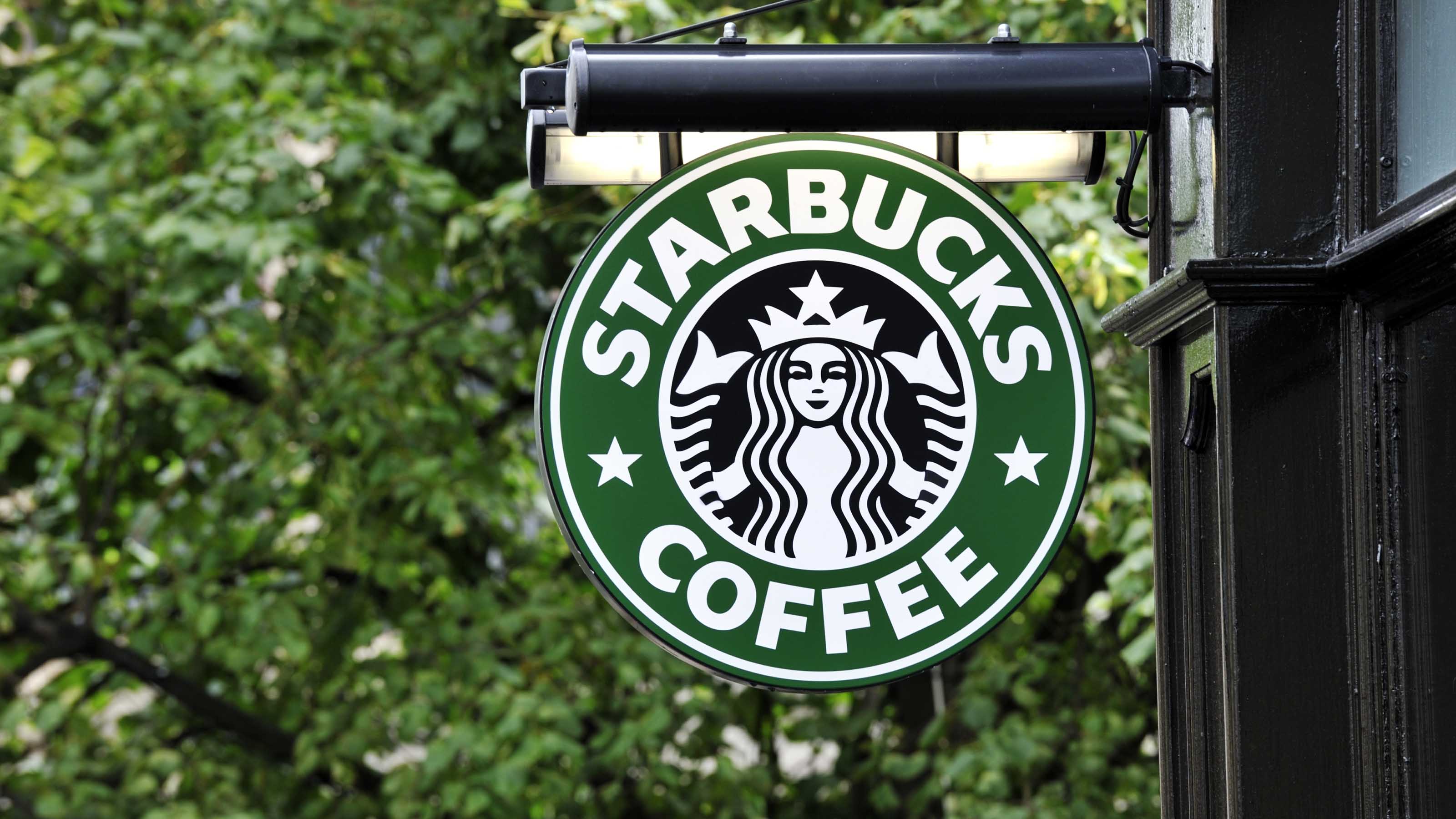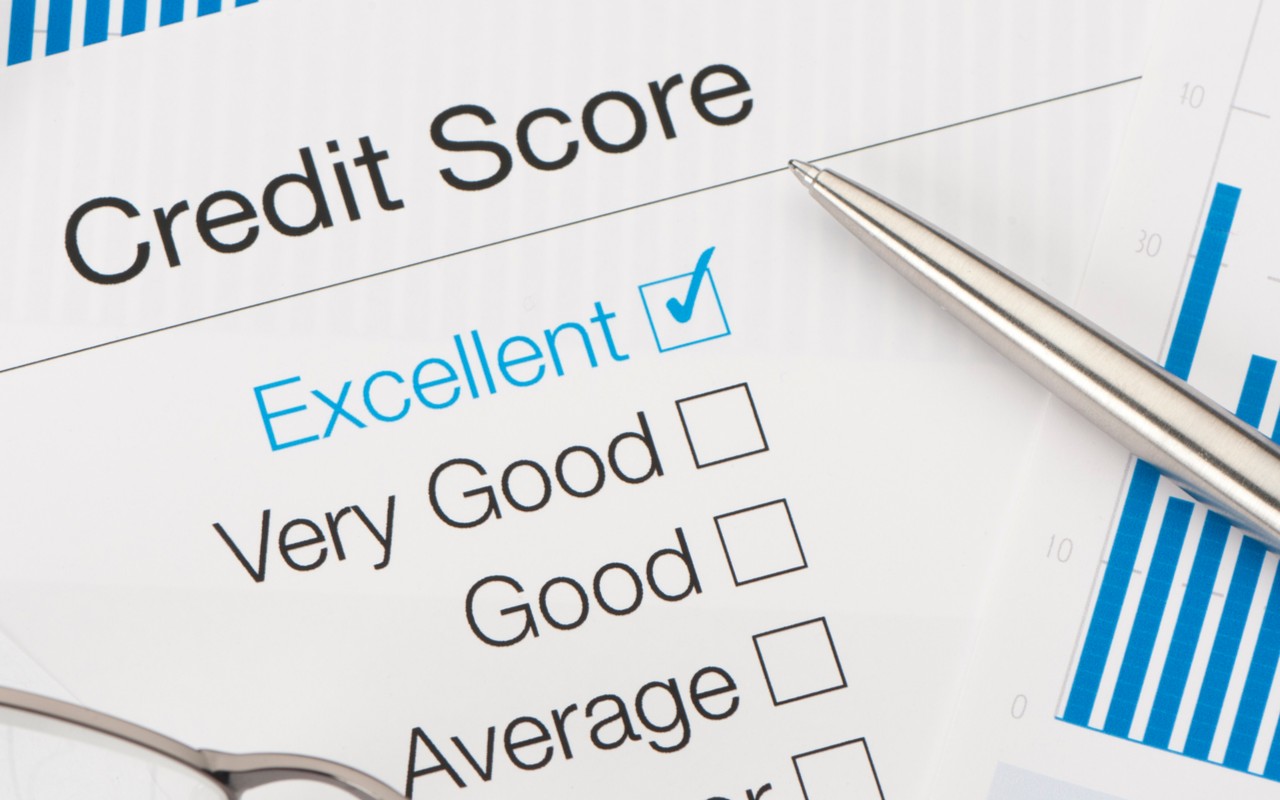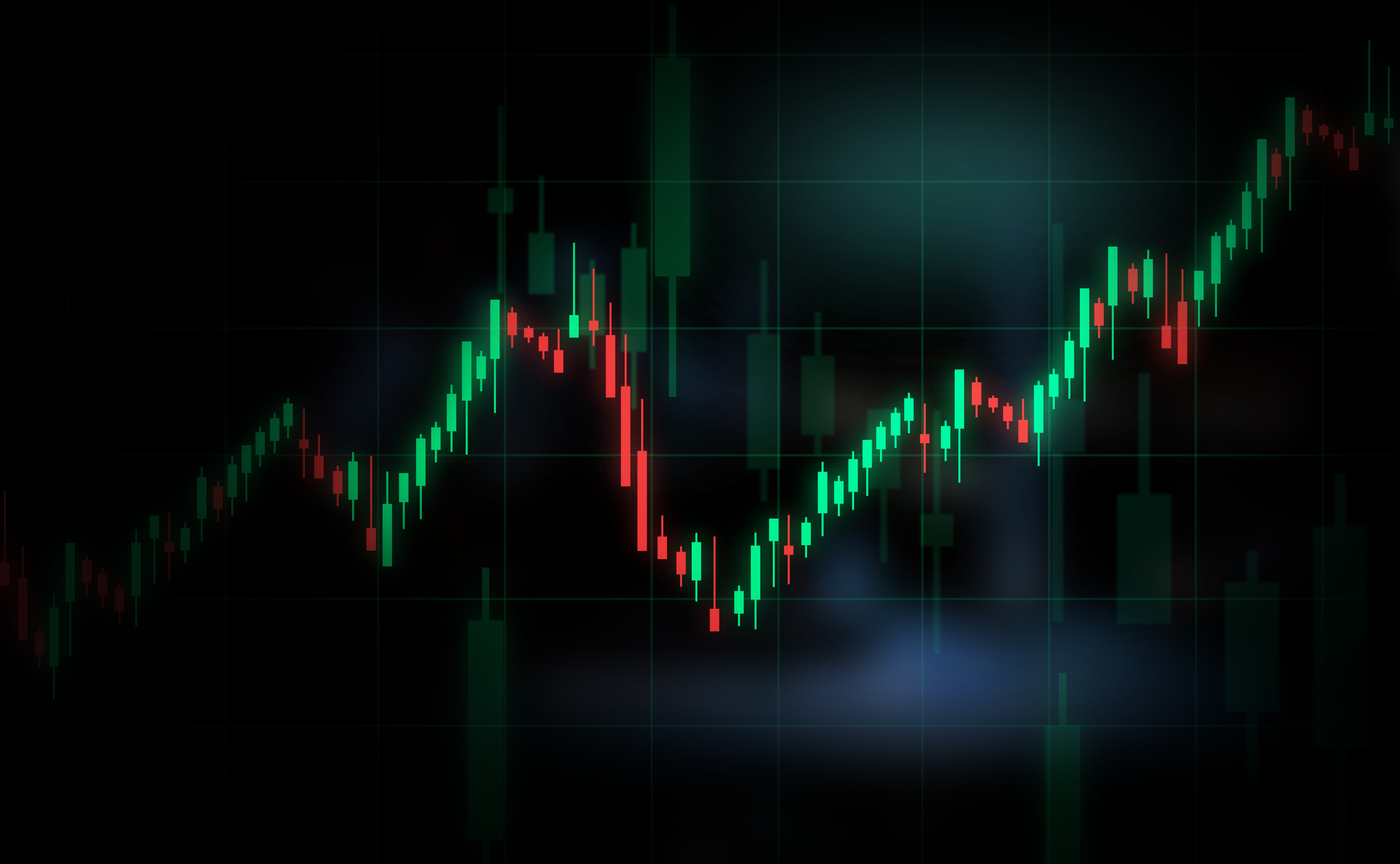6 Stocks Battling Bad News: Sell, Hold or Buy?
Plenty of worries can keep investors up at night, from the prospects for corporate earnings to whatever the Federal Reserve Board might have up its sleeve.

Profit and prosper with the best of Kiplinger's advice on investing, taxes, retirement, personal finance and much more. Delivered daily. Enter your email in the box and click Sign Me Up.
You are now subscribed
Your newsletter sign-up was successful
Want to add more newsletters?

Delivered daily
Kiplinger Today
Profit and prosper with the best of Kiplinger's advice on investing, taxes, retirement, personal finance and much more delivered daily. Smart money moves start here.

Sent five days a week
Kiplinger A Step Ahead
Get practical help to make better financial decisions in your everyday life, from spending to savings on top deals.

Delivered daily
Kiplinger Closing Bell
Get today's biggest financial and investing headlines delivered to your inbox every day the U.S. stock market is open.

Sent twice a week
Kiplinger Adviser Intel
Financial pros across the country share best practices and fresh tactics to preserve and grow your wealth.

Delivered weekly
Kiplinger Tax Tips
Trim your federal and state tax bills with practical tax-planning and tax-cutting strategies.

Sent twice a week
Kiplinger Retirement Tips
Your twice-a-week guide to planning and enjoying a financially secure and richly rewarding retirement

Sent bimonthly.
Kiplinger Adviser Angle
Insights for advisers, wealth managers and other financial professionals.

Sent twice a week
Kiplinger Investing Weekly
Your twice-a-week roundup of promising stocks, funds, companies and industries you should consider, ones you should avoid, and why.

Sent weekly for six weeks
Kiplinger Invest for Retirement
Your step-by-step six-part series on how to invest for retirement, from devising a successful strategy to exactly which investments to choose.
Plenty of worries can keep investors up at night, from the prospects for corporate earnings to whatever the Federal Reserve Board might have up its sleeve. Lately, a number of investors have learned that when a stock they own becomes mired in scandal and controversy, the worries hit closer to home, and the consequences can be dramatic. Roughly $90 billion in market value of Facebook shares went up in smoke in the wake of the social network’s privacy scandal in March, although the stock has mostly recovered. And billions in market value have disappeared from the stock of credit-reporting firm Equifax since the disclosure of a data breach that affected millions of consumers in 2017.
It’s precisely at these moments that investors must make crucial decisions. Buying into an essentially good company when it’s down might turn out to be a once-in-a-lifetime opportunity. But sticking with a stock that deserves to be jettisoned could be a portfolio-burning mistake. Although your analysis of a stock embroiled in scandal may incorporate political, ethical or other considerations, ours is based solely on the prospects for the companies and their shares.
Companies are listed in order of market value; prices and other data are as of May 18.

Facebook: Friends for the Long Term
Shareholders of Facebook (symbol FB, $183) are facing a period of soul-searching amid questions about the social media platform’s data privacy policies. Facebook was already buffeted by allegations that Russians used the network to influence the 2016 presidential election when it was revealed in March that data analysis firm Cambridge Analytica collected information from Facebook on tens of millions of users without their permission.
Facebook is weathering the scandal well. The shares are down just 1.3% since mid March, a hair less than the broad stock market over the same period (not including dividends). CEO Mark Zuckerberg said Facebook is making it harder for application developers to access Facebook user data. It has also made it easier for users to see which apps can access their data and to revoke that access if they wish. (For more on managing your Facebook account, see Take Steps to Protect Your Facebook Data.) Facebook is working to adhere to stricter privacy rules in Europe, and Zuckerberg has acknowledged that more regulation in the U.S. is likely on the way.
Meanwhile, the company reported first-quarter revenue that was 49% higher than the year-earlier quarter, and it added users in the U.S. and Canada to bring the total to 241 million. So much for the #quitfacebook movement spawned in the wake of the scandal—at least so far.
A Facebook stumble could be the buying opportunity that investors have been waiting for, says CFRA analyst Scott Kessler, who upgraded his recommendation on the stock in March to a "strong buy." Kessler believes the stock could trade at $204 a share within a year, given Facebook’s competitive advantages. Even factoring in regulatory and reputational risks, at 24 times estimated 2018 earnings, Facebook shares are "compellingly valued," says Kessler.

Wells Fargo: A Stagecoach Full of Baggage
Wells Fargo (WFC, $54) can’t seem to leave scandal in the dust. The first wave of controversy hit in 2016, when it came to light that millions of accounts were opened without consumers’ consent. The company replaced its management team after a grilling on Capitol Hill. Earlier this year, the Federal Reserve sanctioned the bank for "consumer abuses," then the Consumer Financial Protection Bureau slammed Wells Fargo with a $1 billion fine over inappropriate charges in its mortgage loan and auto loan divisions (see Wells Fargo Tries to Make Amends). The bank also revealed it was looking into sales practices at its wealth management unit in response to government inquiries. Since the scandal broke, the stock is up 7.6%, compared with a 40.5% surge in the Financial Select Sector SPDR exchange-traded fund (XLF).
The persistence of the problems has soured one mutual fund company on the stock. Parnassus Investments, which invests according to environmental, social and corporate governance (ESG) principles, held the stock in several of its funds but has sold the shares. In a March statement the company said that "troubling new issues continue to emerge ... [revealing] further deterioration in both the fundamental and ESG profiles of the bank."
Wells Fargo still has its fans; it’s a top holding of Warren Buffett. The prospects are bright for financial stocks overall, and with a 2.9% dividend yield on Wells Fargo shares, investors are getting paid to wait as the bank cleans up its act. That’s an argument for investors who own the shares to hang on. But look elsewhere with new money to invest. Bank of New York Mellon (BK, $57) is a good buy (and another Buffett holding) with far less baggage.

Starbucks: A Social Media Jolt
- Starbucks (SBUX, $57) prides itself on social responsibility, but it suffered a social media backlash in April after an incident in one of its Philadelphia stores raised the specter of racial bias. Video footage of the arrest of two African-American men in the store after they were asked to leave turned into a nationwide firestorm.
The situation could have been a reputational black eye, but the company responded quickly. CEO Kevin Johnson apologized and met with the two men, who have entered into a financial settlement with Starbucks and will be able to complete online college degrees through the company’s tuition plan. Starbucks also announced that it would close more than 8,000 company-owned locations for half a day for employee training on racial bias. The shares have fallen 3.8% since the incident, in a market up 1.8%.
If you’ve been looking to add this high-growth stock to your portfolio, now is a good time. Growth in China remains particularly strong, with customers lining up for hours to get into the company’s new Shanghai Roasteries, for instance. Analysts forecast 26% earnings growth for Starbucks overall in the fiscal year that ends in September, and another 10% in fiscal 2019. The firm’s dividend is on the rise, too, with the quarterly payout hiked 20% in 2017. The shares yield 2.1%.

Nike: Its #MeToo moment
Just do it is a great slogan not only for athletic endeavors but also for dealing with controversy. Now, Nike (NKE, $71) must persuade investors that it will deal effectively with allegations of sexual harassment and gender discrimination within its corporate culture. A top manager who was once viewed as a possible successor to CEO Mark Parker is among the executives who have resigned or retired amid allegations of inappropriate workplace behavior.
There have been no admissions from any executives. But Parker showed how seriously Nike took the issue when he brought it up first thing in a conference call with analysts to discuss the company’s most recent quarterly earnings. "We became aware of some behavioral issues that are inconsistent with Nike’s values of inclusivity, respect and empowerment," he said. The shares have bounced around since the first departures were announced in mid March but are now up 7%, compared with a 1.3% dip for Standard & Poor’s 500-stock index over the same period.
The controversy comes as Nike faces other challenges. Although growth in international markets is strong, competition at home is brutal. When the numbers are tallied, earnings per share are expected to fall 7% in the fiscal year that ended May 31. Some analysts see 2018 as a year of rebuilding, allowing for solid stock price appreciation for current shareholders patient enough to wait for a turnaround. But there is no rush to buy, wrote analysts at Canaccord Genuity in a recent report: "We believe the stock will remain in a trading range until signs of a healthier North American market and overall stronger sales and earnings growth emerge."

Equifax: Waiting for a Big Tab
Shareholders in Equifax (EFX, $115) are still trying to figure out what its massive data breach will cost the company. The credit-reporting agency disclosed in September 2017 that hackers stole consumer data including names, Social Security numbers, birth dates and addresses. The breach affected nearly 148 million consumers. Although Equifax had $249 million in cash as of March 2018, it has warned that a financial hit could be significant. During the 12-month period through March 1, Equifax spent nearly $183 million (not including insurance payments) on legal fees, consumer support, cybersecurity and other expenses related to the breach.
The uncertainty about the final amount helps explain why the stock is down nearly 20% since the CEO (who has since resigned) announced the breach, while the market is up 10%. The managers of Parnassus Mid Cap fund sold their position in the stock in the third quarter of 2017, noting a troubling delay in Equifax’s disclosure of the breach—more than a month after it was discovered—as well as investigations of insider trading. In March, a former executive was indicted on charges relating to stock sales ahead of the announcement and has pleaded not guilty.
The company faces an uphill slog to repair its image, and loss of market share, pressure on its consumer business and increased regulation are risks. Avoid the stock if you don’t own it; consider selling if you do.

American Outdoor Brands: A Target for Controversy
A horrific mass shooting at Marjory Stoneman Douglas High School in Parkland, Fla., renewed the age-old debate over guns. A wave of protesters took to the streets in a new push for lawmakers to implement stricter rules or bans on the sale of assault rifles, putting gun makers such as American Outdoor Brands (AOBC, $11), maker of Smith & Wesson firearms, on the defensive.
More pressure is coming from retailers, lenders and institutional investors. American Outdoor has responded by stressing, among other things, that it’s a law-abiding company that operates in a heavily regulated industry; that calls for it to monitor illegal use of its products are misguided; and that it already supports initiatives to promote firearm safety. The shares are up 6.9% since the shooting, in a market that is little changed over the same period. But since peaking in the summer of 2016, the stock has fallen 62%.
American Outdoor is making moves to diversify, including changing its name in 2017 from Smith & Wesson. It sells other outdoor gear, and that business segment is logging robust growth. But firearms still contribute the bulk of revenues and profits, and those sales have softened. Recent results for American Outdoor have been "dismal," says ValueLine analyst Jeffrey Hirt. In the quarter that ended January 31, American Outdoor reported revenue of $157 million, down 33% from a year earlier. When results are tallied for the fiscal year that ended April 30, analysts expect earnings to come in at 31 cents a share, down from the 55 cents a share they had forecast in early 2018.
Paradoxically, gun sales tend to do best when the threat of regulation is highest, pushing enthusiasts to step up purchases, says Hirt. "Long-term recovery potential is substantial," he says, "but also dependent on the prevailing political climate." That uncertainty and the current sluggishness of American Outdoor’s core business are reasons enough to avoid the stock for now.
Profit and prosper with the best of Kiplinger's advice on investing, taxes, retirement, personal finance and much more. Delivered daily. Enter your email in the box and click Sign Me Up.
-
 Quiz: Do You Know How to Avoid the "Medigap Trap?"
Quiz: Do You Know How to Avoid the "Medigap Trap?"Quiz Test your basic knowledge of the "Medigap Trap" in our quick quiz.
-
 5 Top Tax-Efficient Mutual Funds for Smarter Investing
5 Top Tax-Efficient Mutual Funds for Smarter InvestingMutual funds are many things, but "tax-friendly" usually isn't one of them. These are the exceptions.
-
 AI Sparks Existential Crisis for Software Stocks
AI Sparks Existential Crisis for Software StocksThe Kiplinger Letter Fears that SaaS subscription software could be rendered obsolete by artificial intelligence make investors jittery.
-
 AI Unwind Takes 2% Off the Nasdaq: Stock Market Today
AI Unwind Takes 2% Off the Nasdaq: Stock Market TodayMarkets are paying more and more attention to hyperscalers' plans to spend more and more money on artificial intelligence.
-
 Nasdaq Drops 172 Points on MSFT AI Spend: Stock Market Today
Nasdaq Drops 172 Points on MSFT AI Spend: Stock Market TodayMicrosoft, Meta Platforms and a mid-cap energy stock have a lot to say about the state of the AI revolution today.
-
 S&P 500 Tops 7,000, Fed Pauses Rate Cuts: Stock Market Today
S&P 500 Tops 7,000, Fed Pauses Rate Cuts: Stock Market TodayInvestors, traders and speculators will probably have to wait until after Jerome Powell steps down for the next Fed rate cut.
-
 S&P 500 Hits New High Before Big Tech Earnings, Fed: Stock Market Today
S&P 500 Hits New High Before Big Tech Earnings, Fed: Stock Market TodayThe tech-heavy Nasdaq also shone in Tuesday's session, while UnitedHealth dragged on the blue-chip Dow Jones Industrial Average.
-
 Dow Rises 313 Points to Begin a Big Week: Stock Market Today
Dow Rises 313 Points to Begin a Big Week: Stock Market TodayThe S&P 500 is within 50 points of crossing 7,000 for the first time, and Papa Dow is lurking just below its own new all-time high.
-
 Nasdaq Leads Ahead of Big Tech Earnings: Stock Market Today
Nasdaq Leads Ahead of Big Tech Earnings: Stock Market TodayPresident Donald Trump is making markets move based on personal and political as well as financial and economic priorities.
-
 11 Stock Picks Beyond the Magnificent 7
11 Stock Picks Beyond the Magnificent 7With my Mag-7-Plus strategy, you can own the mega caps individually or in ETFs and add in some smaller tech stocks to benefit from AI and other innovations.
-
 Nasdaq Adds 211 Points as Greenland Tensions Ease: Stock Market Today
Nasdaq Adds 211 Points as Greenland Tensions Ease: Stock Market TodayWall Street continues to cheer easing geopolitical tensions and President Trump's assurances that there will be no new tariffs on Europe.
